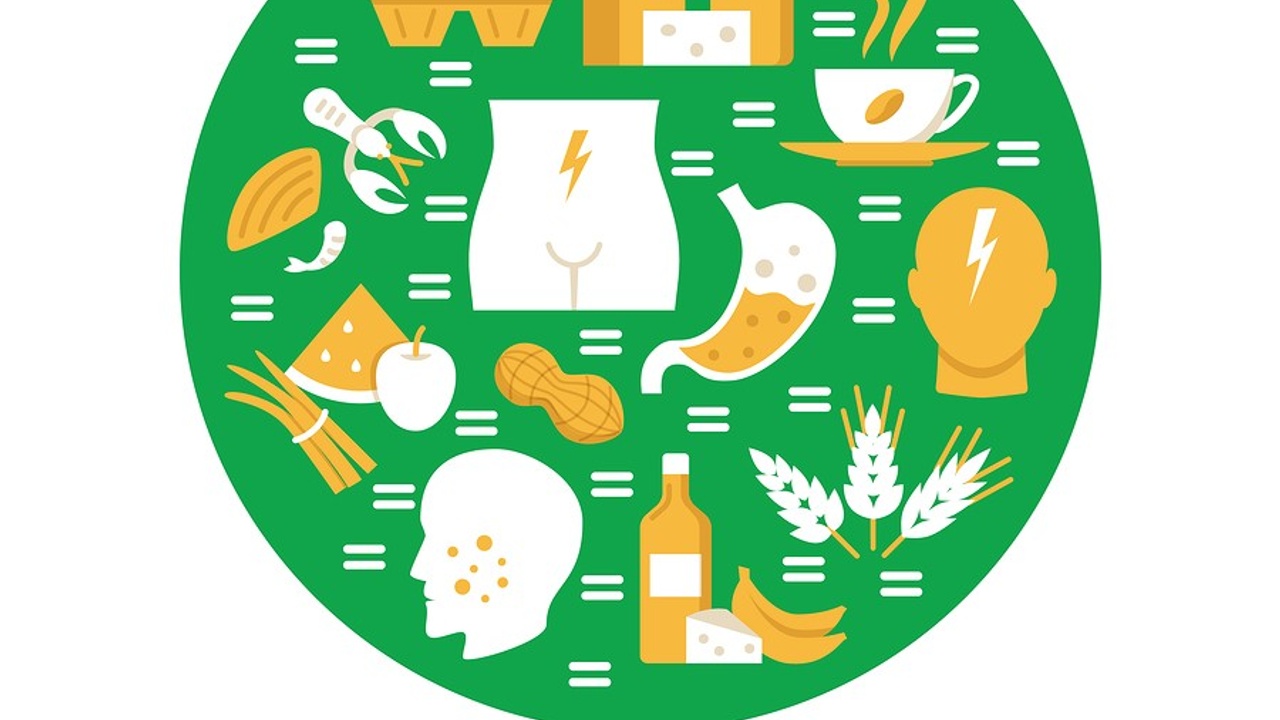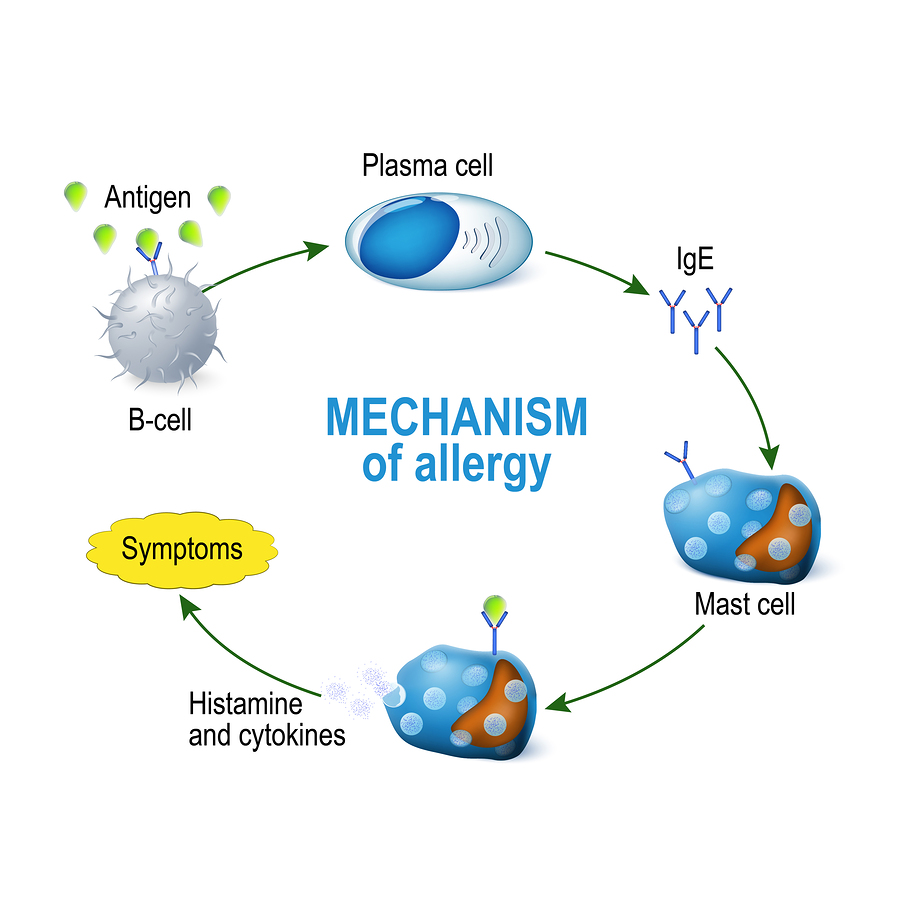Food Allergies/Sensitivities and Joint Health
Aug 21, 2019
Is your diet keeping you in pain?
For two of my clients, unknown food allergies/sensitivities caused inflammation. This inflammation hindered their ability to heal. Each improved with our posture therapy work together. However, they could not fully recover until they made dietary changes to reduce inflammation. Here are their stories.
Vic’s Story
 Debilitating back pain and sciatica plagued Vic for years. The pain forced him to drastically reduce his participation in many of his favorite activities, such as skiing, cycling, golf and hiking. His doctor recommended a spinal fusion. When he was faced with surgery, though, Vic instead chose a different option: posture therapy. As a result of this non-invasive treatment, Vic made great progress. He noted, "PFA coaching worked! I continue to do my exercises, and I know that I am much better off now than I would have been at this time had I had the spinal-fusions alternatives.”
Debilitating back pain and sciatica plagued Vic for years. The pain forced him to drastically reduce his participation in many of his favorite activities, such as skiing, cycling, golf and hiking. His doctor recommended a spinal fusion. When he was faced with surgery, though, Vic instead chose a different option: posture therapy. As a result of this non-invasive treatment, Vic made great progress. He noted, "PFA coaching worked! I continue to do my exercises, and I know that I am much better off now than I would have been at this time had I had the spinal-fusions alternatives.”
Despite his success, however, intermittent sciatica pain continued. Some time later, after our work together, he found out that he had an unusual food allergy to lettuce and green chile. The allergy left his body constantly inflamed. Once he learned about how the allergy was causing his pain, he made changes to his life. These changes resulted in relief: “Once I quit eating chile and lettuce, I instantly felt better. As I got the histamines out of my body, my sciatica improved to nearly nothing.”
How Food Allergies Work
Food allergies create a two-part immune response. When b-cells are first exposed to a food to which you are allergic, the plasma cells release immunoglobulin E (IgE). This is an antibody to the allergen. It moves through the blood and attaches to mast cells. Then, if you eat that food again, you expose the cells are exposed a second time to the allergen. At this point, the mast cells release chemicals. One example of these chemicals is histamines, which, at this point, enter the bloodstream. These chemicals circulate throughout the body, causing all kinds of issues. The effects can be widespread. And one main effect is that they create inflammation in the joints.
 Sources:
Sources:
Food Allergy and Food Intolerance
Allergic Reactions: Types and Mechanics (With Diagram)
Food Allergies vs Food Sensitivities
As you can see, food allergies affect the immune system of the body as pictured above. Alternately, a food sensitivity actually impacts the digestive system. Oftentimes, symptoms of food allergies are more serious. They can include hives, dizziness, itching, swelling and life-threatening anaphylaxis. Food sensitivities can also cause intestinal discomfort, such as constipation, cramping, nausea, gas, diarrhea and bloating.
Here's how it works. When the digestive tract breaks down food, protein fragments are formed. If you have a food sensitivity, your body misinterprets these proteins as foreign invaders. When this happens, the body activates an immune response. This causes body-wide inflammation. As a result of this, you could experience many symptoms. Unfortunately, two of the most prominent symptoms are stiffness and arthritis. Next is an example of this issue: Aaron's story.
Sources:
https://www.healthline.com/health/allergies/food-allergy-sensitivity-difference
https://www.foodintol.com/latest-news/16-medical-research-news/5-inflammatory-disease-and-food-intolerance
Aaron’s Story
When I first worked with Aaron, he would joke that the tissues around his hips felt like unyielding steel cables. For example, most people can do a figure-four stretch, in which the ankle is crossed over the opposite knee to increase external hip rotation. But for Aaron, this stretch caused pain. It was not effective.
Aaron started his healing journey. During this time, he worked with a holistic practitioner. They found that Aaron had digestive system issues. Specifically, he had leaky gut symptoms. These issues increased the stress on his liver. In order to learn more, Aaron tried muscle testing. Through muscle testing, Aaron found out he had several food sensitivities. These included wheat, peanuts, refined sugar, and soy products. They also included yeast, caffeine, pollen, dairy, and nightshade vegetables. Wow!
Aaron recalls, Once I stopped taking in those foods, the result was immediate. The next morning I woke up and had a bowel movement where I felt my body’s relief. It wasn’t being asked to process foods that were causing it inflammation. For the first 8 weeks I was extremely strict. I think that significantly aided in reducing inflammation.
Another interesting aspect was that my relationship with food significantly changed. I would take a lot more time to chew my food. Before, I was simply shoveling it in and swallowing. Eventually, my mouth and chewing became part of the digestion process.
As a result, the pain in my hip lessened. My range of motion increased. My weight decreased. And, I began to feel better all around.
Testing for Food Sensitivities
There are many different tests available to find food sensitivities. Since there are so many, I don't endorse any specific approach. Instead, you should find your own path to these answers. Everyone is different. For example, in my own quest to improve my health and recover from cancer, I first followed a two-month gut repair diet. Then, I went to my doctor's office for a food sensitivity blood test. The results surprised me!
I am sensitive to a few food items that I thought were quite healthy. Some of these are oranges, cauliflower and flaxseed oil. Unlike Vic and Aaron, though, my food sensitivities don’t seem to be tied to joint issues. Instead, they’re more isolated to my digestive system. So, the foods we eat can cause several issues. And we might not even know it.
Thus, in order to relieve joint pain, you often have to look at all of the body systems and how they are related. So, are you struggling with joint pain? Consider taking a close look at your diet. It might change your life!
Related Blogs:
Stay connected with news and updates!
Join our mailing list to receive the latest news and updates from me.
Don't worry, your information will not be shared.
We hate SPAM. We will never sell your information, for any reason.

